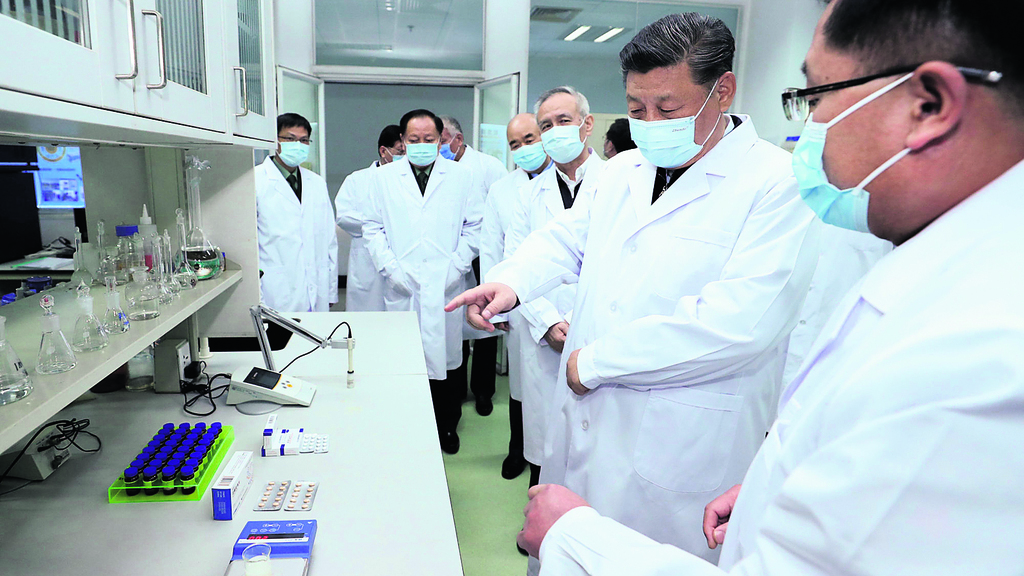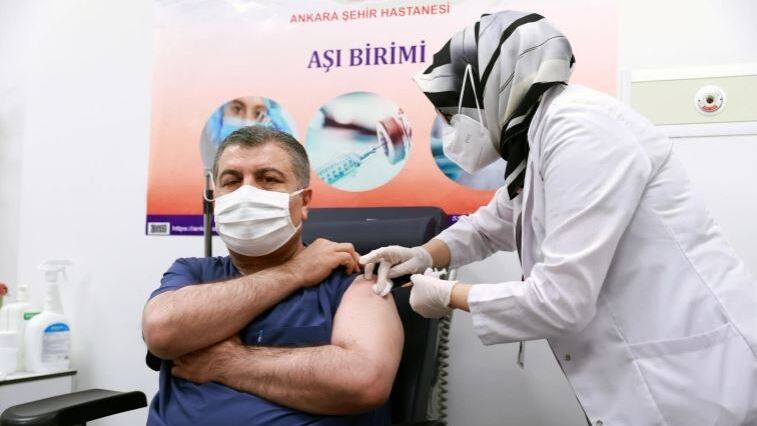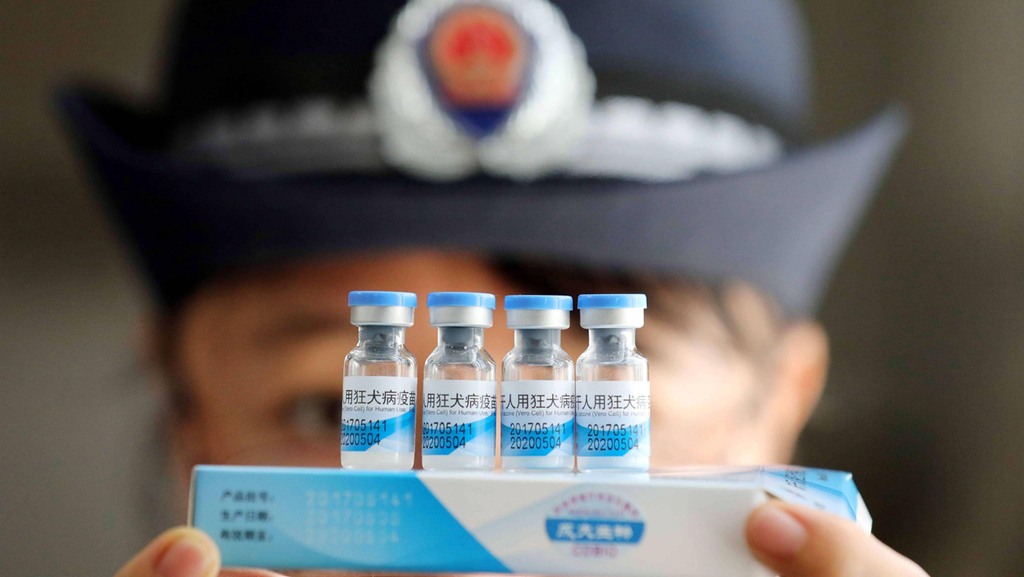The battle against the coronavirus pandemic is helping China expand its ties with the Middle East and the country has a new weapon in its diplomatic arsenal: vaccines.
Beijing has for years been increasing relations with the region through trade, investment and infrastructure projects and, analysts say, it could win more clout with its vaccine exports.
COVID-19 vaccines from China have been approved or used by several countries in the region, including Bahrain, Egypt, the United Arab Emirates and Turkey.
But it doesn’t come without controversy.
The efficacy of the vaccine by the company Sinovac, which is used in Turkey, is still unclear with trials in different countries producing different results.
Officials said a trial in Turkey found efficacy was over 90% but experts said the study was too small.
Dr. Derya Unutmaz, a Connecticut-based immunologist at the Jackson Laboratory, told The Media Line that the lack of transparency over the trials is a problem and the company needs to release data of the trials itself.
However, he stressed that Turkey should get as many vaccines as possible and said it has a good record on approving medicine, including from China.
3 View gallery


Chinese President Xi Jinping visits one of the country's vaccine development laboratories
(Photo: EPA)
“We have to just trust the data is correct because the consequences of the data not being correct is too large so I don’t think they will be hiding any of this information,” he said.
Dr. Jennifer Huang Bouey, an epidemiologist specializing in China’s health policy at the US-based think tank RAND, says the vaccines are set to be a game changer for Beijing, opening up a new market for China.
“China has very strategically targeted the middle-income countries,” Bouey said.
“This is a new era of seeing China as a partner in scientific discoveries and experiments.”
3 View gallery


Turkish Health Minister Fahrettin Koca receives a shot of Sinovac's CoronaVac coronavirus disease (COVID-19) vaccine at Ankara City Hospital in Ankara, Turkey
(Photo: Reuters)
China already made connections with Middle East countries during the pandemic by sending aid to help fight the virus early on.
Chinese-state media reported in March that Beijing donated masks and test kits to Iran while Chinese foundations donated the same to Israel.
“Of all the countries that tried to play COVID diplomacy, China is probably the biggest player and probably the biggest winner,” said Mohamed El Dahshan, a development economist and fellow at Chatham House.
The donations and vaccine deals could help improve China’s battered global image.
A survey by the Pew Research Center released in October showed negative views of the country soared among several advanced democracies.
China has been working to boost ties and trade to the Middle East in the past decade.
Article written by Kristina Jovanovski, republished with permission from The Media Line


